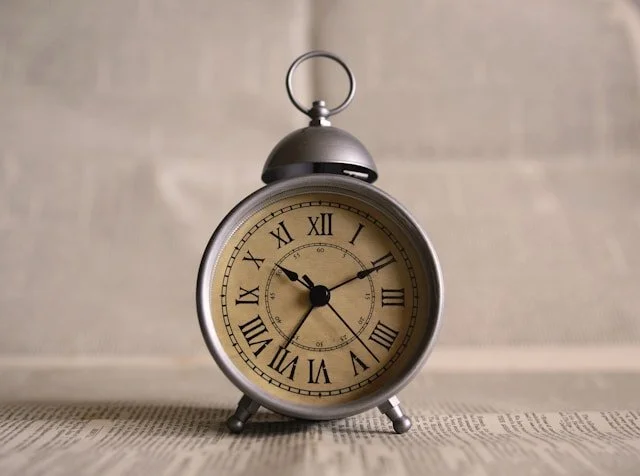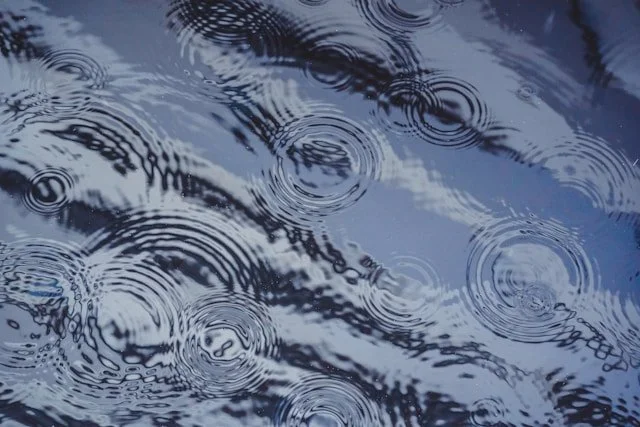What Is Self-Reflection? Why It Matters for Your Growth and Relationships
What is self-reflection?
At its core, self-reflection is the practice of turning inward to examine your thoughts, feelings, and actions. It’s not about beating yourself up or rehashing mistakes—it’s about becoming more aware of how you show up in the world. It’s about knowing your now self can decide to show up differently than your then self—and begin to act from that knowing.
At the end of the day, do you reflect on your behavior and choices with curiosity and honesty? Or do you tend to project blame onto others—thinking they’re the problem, it’s on them that they “rubbed you the wrong way,” or that your bad day is always someone else’s fault?
Reflection brings you closer to yourself, to others, to what’s true. Projection pushes you away. The more you choose reflection, the more you strengthen your insight, connect, and move forward with intention. The more you lean into projection, the more stuck and powerless you likely feel. The choice is always yours—and it begins with noticing.
Why self-reflection matters
Reflection is more than just ‘thinking about your day.’ It’s a practice of turning inward with curiosity and honesty. Done consistently, reflection helps you …
Understand yourself more clearly. Reflection helps you notice thought and behavior patterns you may not have seen before.
Strengthen your relationships. Owning your part in an interaction makes space for empathy, connection, and healthier communication.
Build emotional resilience. Instead of being stuck in frustration, you learn from challenges.
Create a ripple effect in your community. A grounded and kind interaction with one person often spreads that positivity to the next person and their next interaction, and so on.
Self-reflection matters—not only for your own self-knowing, but for the health of your relationships and the strength of your community. It’s a quiet superpower, and it’s always right there for you when you need it.
How projection gets in the way
Projection may feel easier in the moment—it lets you avoid discomfort by shifting the blame onto others. But long-term, it creates more problems than it solves. Projection often leads to
Breakdowns in trust. Relationships weaken if others often feel blamed.
A sense of powerlessness. If the problem is ‘out there,’ you believe you have no power to change your experience.
Stuck patterns. Without reflection, the same frustrations repeat themselves.
When you notice you’re projecting, you create space for reflection to begin.
How to self-reflect—simple ways to begin
Self-reflection doesn’t require hours of meditation or journaling. Here are a few easy ways to start.
Take five minutes at the end of your day. Ask yourself, How did I show up today? Take a look at the section below for questions that dig a little deeper.
Write it down. Writing helps give structure to your thoughts and can reveal patterns over time.
Pause and notice your body. Sometimes reflection shows up as awareness of tightness, spaciousness, or agitation—each a signal worth noticing.
Practice kindness toward yourself. Reflection is about clarity and growth, not perfection.
Reflection questions to get you started
Self-reflection doesn’t require complexity to be powerful. Here are some gentle questions to keep nearby—whether you turn to them daily, weekly, or anytime life feels tangled or tender.
What am I proud of in my day today?
What felt challenging, and how did I respond?
How did I show up with others—friends, family, coworkers, or strangers?
What do I wish I had done differently?
What small step can I take tomorrow to align more with the person I want to be?
You don’t need to answer them all at once—pick a couple or a few to start. As you look back, you’ll start to notice patterns and opportunities for rooting more deeply into yourself.
A ripple worth creating
The power of self-reflection extends far beyond you. When you reflect on how you showed up and then begin to make small changes, you strengthen your relationships, improve your work, and contribute to a healthier community. Imagine what could happen if more of us took a moment each day to reflect, learn, and adjust!
How I can help
If you’re ready to develop a reflection practice of your own and improve how you show up for yourself and in your relationships, therapy can provide a supportive space to begin. In my work with individuals, I help people slow down, notice their patterns, and create meaningful changes that ripple into every part of life.
Warmly,
JoEllen


